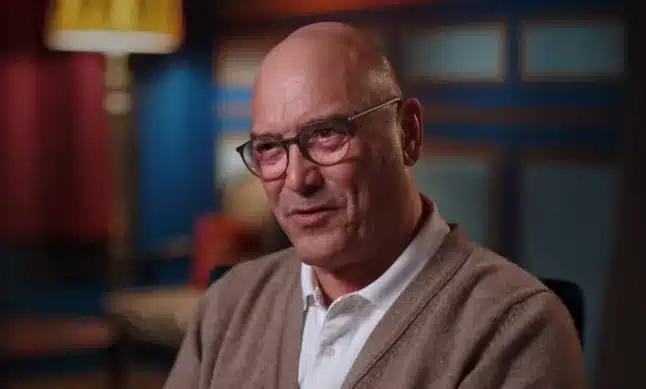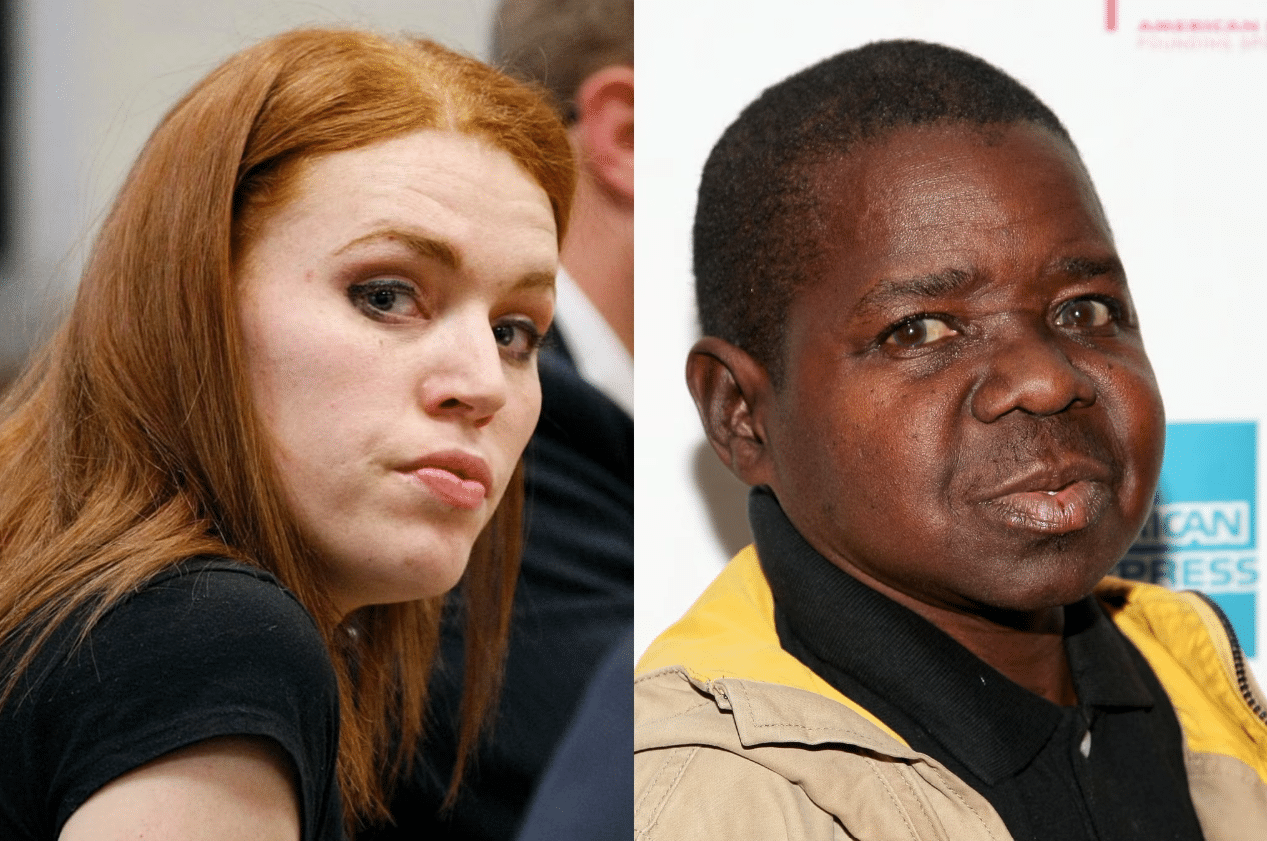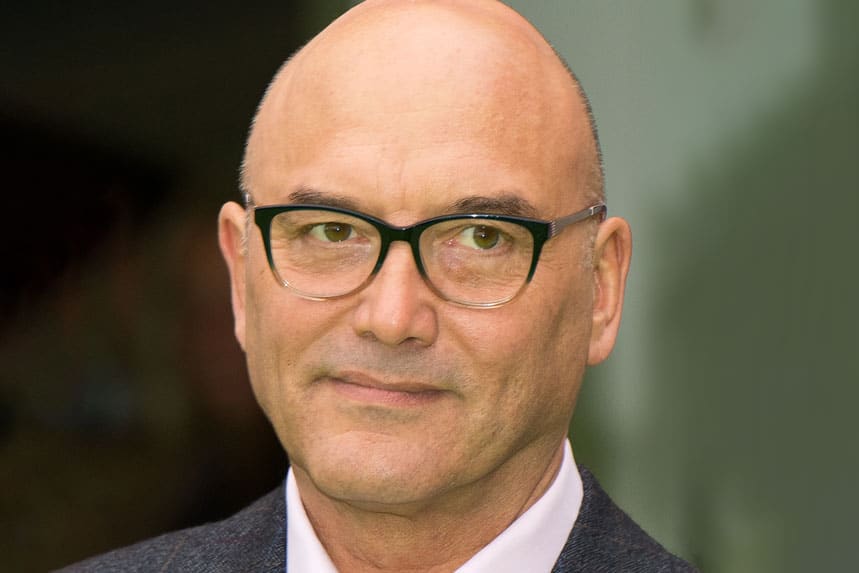Rick and Morty is one of the most culturally acclaimed shows of recent years, and this is even more praiseworthy considering that it is an animated show. The show first premiered in December 2013, and has aired over four seasons, with the latest season coming out in November 2019. There are an additional sixty episodes for which the show has been picked up, guaranteeing a lot of viewing for fans over the next few years.
Featured Image VIA
The show has had a huge impact culturally. In 2017, McDonald’s actually launched a limited-edition Szechuan sauce for one day, to tie-in with the running joke on the show. It sold out in a matter of hours, with police having to be called in to placate angry fans in some locations. What many people do not know, or remember, is that this was the second instance of McDonald’s launching a Szechuan sauce to capitalize on the popularity of a TV show or movie. The burger chain had come up with a similar sauce in 1998, to tie in with the launch of Disney’s Mulan. However, it was nowhere near as popular as it turned out be in its second incarnation, and McDonald’s quietly removed it from its offerings soon after. This is just one example of the impact that this show has had on popular culture.
This has been among the more improbable success stories of the decade. Since its introduction in 2013, Adult Swim’s apparently niche animation series has been obsessed by everyone from Kanye West to its army of millennial fans. The hottest comedy among US millennials when its season started in 2017 (before The Big Bang Theory and Modern Family), it has the influence to not only cause branches of McDonald’s to shut down for the day, but also to make or break bands: simply look up Blonde Redhead, whose tune For Your Damaged Coda was catapulted into the top rankings of Billboard’s Hot Rock chart almost twenty years following its launch, just because it was featured on the series. It has even managed to make its way onto online slot machines, with Rick and Morty Megaways just one example of some extremely popular slot machine games that have popped up online to encourage fans to, literally, cash in on the show’s success.
The show’s fame is even more notable because it is deliberately made to exist outside the mainstream media and content tropes. On paper it may seem like a healthy, even family-oriented adventure: a genius scientist takes his grandson on time-travelling adventures. Except these experiences are horrifyingly twisted – the scientist (Rick) is a mentally abusive alcoholic, and the grandson (Morty) frequently experiences levels of injury that would make most people catatonic. The entire series is a stomach-churning – and funny – attack on the senses; yet one which somehow finds the time to muse on the nature of existence.
As Morty states in an unforgettable episode: Nobody exists on purpose, nobody belongs anywhere, everybody’s going to die. Come watch TV.” The show is one long, hard look at human existence and the futility of it all, couched in gross humour and even grosser visuals.
The credit for the success of the show can be attributed to co-creators Dan Harmon and Justin Roiland. Harmon also provides the voices of the two stars of the show, though in reality his vocal attributes more closely resemble the 13-year-old Morty than his grandfather.
The seeds for the series were planted in 2006, when Roiland introduced his crudely drawn sketch, The Authentic Animated Adventures of Doc and Mharti – a Back to the Future parody which has been the precursor to both Rick and Morty – at Harmon’s short film festival Channel 101. During the upcoming few decades, both worked on their own individual endeavours – Harmon produced a fan-favourite sitcom Community, while Roiland became famous as the voice of Lemongrab in the cult kids’ cartoon Adventure Time. They were reunited when Adult Swim asked Harmon to create an animated series. Roiland was thought of by him as a potential partner immediately, and the two of them then started to figure out a way to adapt Roiland’s style of humour and make it more acceptable to a wider audience. Awards and acclaim followed, with the highlight being an Emmy for outstanding animated programme, which is notable given the quality of adult animated features and series doing the rounds in today’s digital age.
Roiland and Harmon have implied that their working relationship is one of equilibrium, creative integrity, along with a liberal dose of taking the piss (“He has grown very cold and distant,” Harmon jokes of Roiland). Bar the odd squabble over “a tonal item or even a joke”, the duo have “never disagreed to any great extent over anything genuinely important,” Roiland has stated.
It’s a relationship which is much healthier than that of Rick and his grandson. Over the duration of the series, Rick has trapped him in a series of murder chambers, has wiped Morty’s memory, and caused his parents to separate. For the most part, Morty has responded to this series of horrors with disbelief and dread. But at the show’s latest season, he’s starting to rebel.
For all its brutality, Rick and Morty have perfected the art of toeing the line of what may be considered offensive, without ever crossing it, even during those sequences when Rick is being genuinely cruel. Despite Rick being shown to have some extreme views, those views are belittled and mocked, usually within the same episode. According to the creators, Rick represents the most cynical side of humanity.
However, not everybody has really got the joke, and for many fans of the show – the very same men and women who are convinced that ‘snowflakes’ and women are destroying everything they hold dear – Rick is an alpha-male hero. Harmon has spoken out about his “disgust” towards that section of the show’s fanbase which has taken Rick’s worldview out of context and used it to support their own extremist beliefs. A clear example of this had been seen in 2017, when that type of ‘fan’ took offence to there being more women being added to the writing team, and then trolling and harassing those writers online. These days, Harmon and Roiland have taken a more circumspect view towards such fans, choosing to not engage too much with how they choose to interpret the show, since it could backfire immensely. However, they did slip in a dig at their more toxic fans in the opening episode for season four, where an alternate-reality Morty tries to convince Rick to have normal adventures, without any ‘politics’.
All of this is even before we get into Harmon’s career. He is undoubtedly the more famous and high-profile of the duo, at least in terms of his cultural cachet, which has mainly resulted from his involvement with Community. Community has also become a similar niche and hipster show, with many fans being utterly dismayed when it was cancelled after five seasons, with Yahoo needing to step in and save the show for a sixth and final season. Harmon used his own experiences while attending community college to write and create the show, and while that authenticity comes through, he is also a controversial writer due to his behaviour on set.
Harmon is someone who speaks his mind, which has resulted in him being fired off shows, most notably the Sarah Silverman Programme, and even Community. Former Community writer Megan Ganz had posted a series of tweets in 2018, talking about the harassment she faced at the hands of Harmon and the impact it had on her self-worth. Harmon, to his credit, owned up to his behaviour, and apologized publicly, which was accepted by Ganz. This was a rare episode in the #MeToo era of an accusation being handled with grace and sensitivity, and Ganz even called Harmon’s apology “a masterclass in How To Apologize”.
By now, Rick and Morty is a well-established show, with a set style for its writing as well as its gross-but-memorable visuals. A lot of credit must go to the animation team, with Roiland having stated that their creativity is what allows the writers to explore new planets and species of aliens on the show, rather than reusing old tropes. At the moment, there is no prospect of the writers running out of source material either, with both Harmon and Roiland prepared to run the show for over 1,000 episodes. They’ve been wild and experimental since the very beginning, opening the doors for them to continue with that wacky theme throughout the series. Their outlook towards the show can be summed up by a rant made by Rick in season three, where he says that he is not driven by any moral dilemma, but a simple need to get hold of that McDonald’s condiment – “Nine more seasons Morty, I want that McNugget sauce!
It looks like his quest for that sauce is set to go on for quite some time now, and long may it continue.















